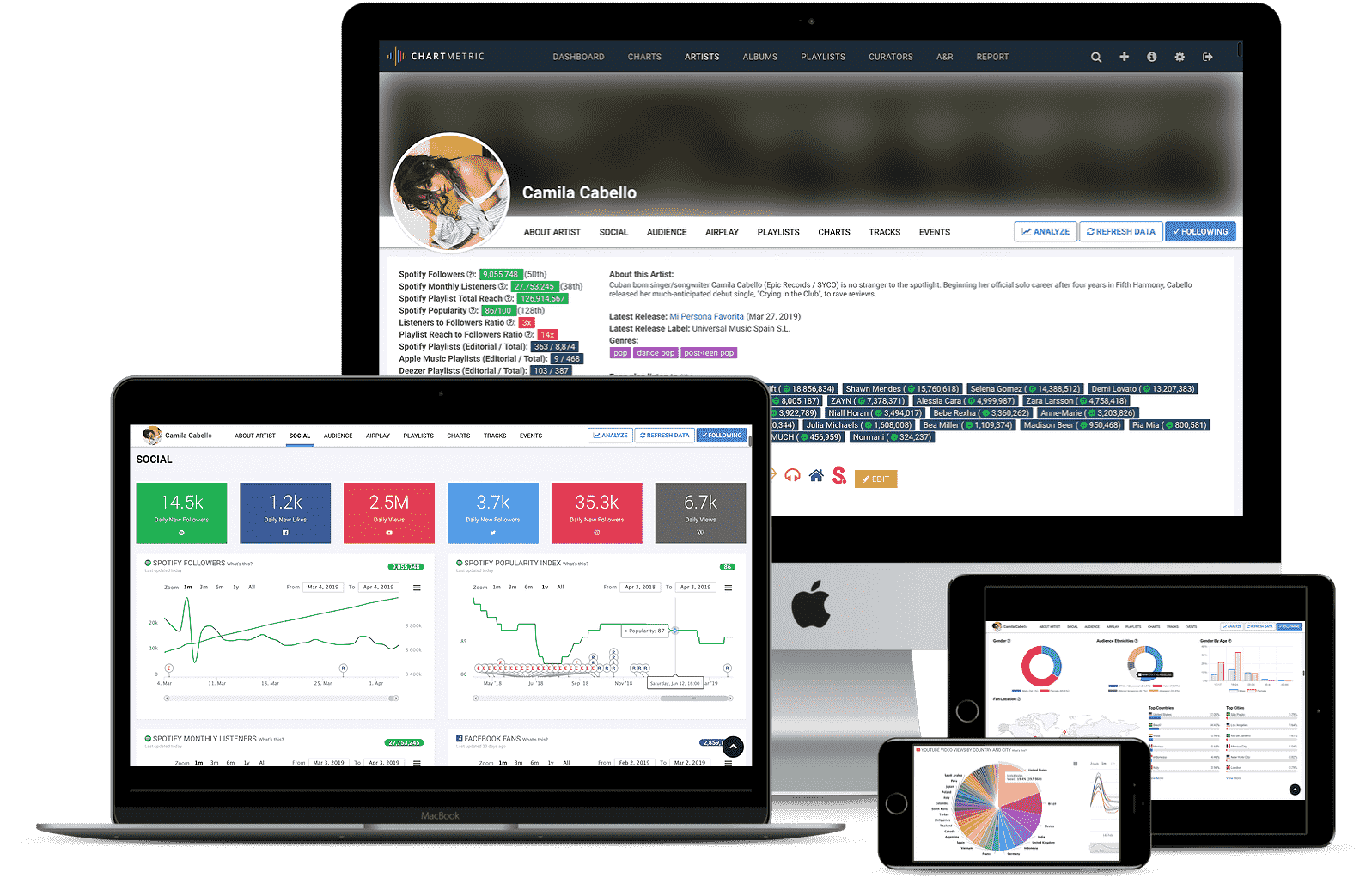By Nanette Wu | Title Photo by NeONBRAND on Unsplash
An informed and methodical way to explore new styles of music based on a single track and machine learning algorithms.
TL;DR: We made a web app that introduces listeners to new music genres, ranging from classical to jazz, given a song they already love.
“Classical music is boring.”
Sure, you might agree with that — especially if you didn’t dedicate your childhood to immersing yourself in the world of Mozart and Beethoven.
Hear me out though. Classical music is actually kinda cool.
Believe it or not, a lot of the dance-y, more “pleasurable” songs have its roots in the compositions of a bunch of dead dudes.
This might be hard to believe at first glance. But allow me to show you a common thread between the boppin’ bangers of today and grandpa’s bedtime music.
I’m Nanette, and I think music is pretty neat. Whether it’s today’s hits, tropical house, or classical concertos—you name it, I’m down to give it a listen.

I’m also a backend & data engineering intern at Chartmetric. I currently study computer science & music at MIT, and the fusion of music technology fascinates me tremendously—particularly the rapid growth of the music streaming industry.

One of the most astounding parts of Chartmetric’s product is that it has so. much. data. 13.6 million songs, 3.9 million albums, 1.7 million artists across Spotify, Apple Music, YouTube, SoundCloud, TikTok, and more 😱
I was initially startled by the daunting amount of data analytics. Where do I start, what do I do, and how do I simply make sense of the mountains of numbers and statistics?
In the face of so much possibility, I thought back to my interests in streamed popular music and my background in classical music. As I played around with our data, I found commonalities in sonic features of pop and classical songs: tempo, loudness, energy level.
Wait, can this be used to “bridge” these different worlds of music? Can we somehow “identify” a song by its acoustical characteristics and compare them to songs in a different genre?
You bet.






 Subscribe to read more
Subscribe to read more